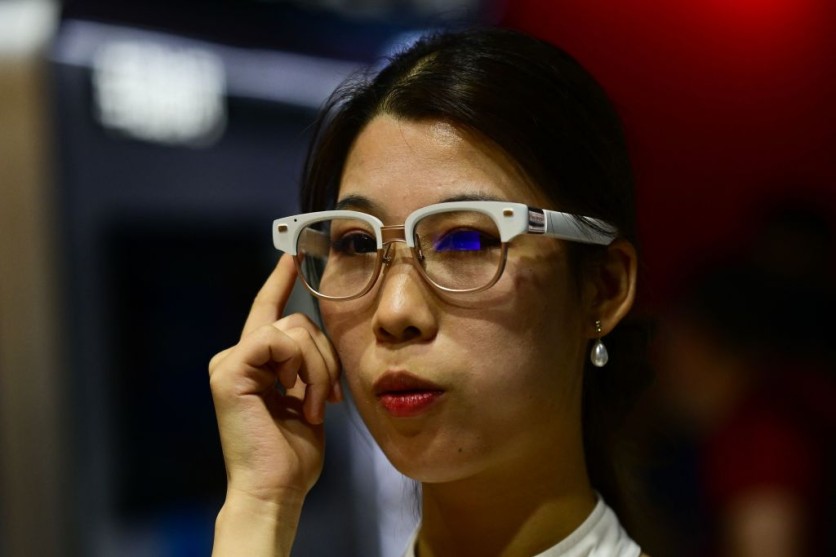A group of researchers conducted a recent study that brings attention to the potential disparities introduced by smart glasses technology. The study goes deep into the question of whether wearing smart glasses creates an uneven advantage for users.

Uncovering Unfair Advantages for Wearers
A recent study conducted jointly by researchers from the Cornell Ann S. Bowers College of Computing and Information Science and Brown University has shed light on the potential inequities posed by smart glasses technology, as reported by Interesting Engineering.
The study delves into whether wearing smart glasses provides users with an unfair advantage, possibly leaving non-wearers feeling powerless. This exploration into the dynamics of smart glasses and their impact on equity has raised intriguing questions about the societal implications of wearable technology.
The collaboration for this study included Jenny Fu, a doctoral student specializing in information science, and co-author Malte Jung, an associate professor of information science and the Nancy H. '62 and Philip M. '62 Young Sesquicentennial Faculty Fellow.
Additionally, the team consisted of Ji Won Chung and Jeff Huang, doctoral student and associate professor of computer science, respectively, from Brown University, along with Zachary Deocadiz-Smith, an independent extended reality designer.
Studying Wearers, Non-Wearers
As per the press release, the research involved the analysis of five pairs of participants, each comprising an individual wearing smart glasses and another not wearing them. The pairs engaged in a discussion about desert survival activities.
The smart glasses worn by participants were Spectacles, provided by Snap Inc., the company responsible for Snapchat. These glasses featured a video camera and unique filters that transformed the non-wearer's appearance into different animals.
Following the conversation, participants were questioned about their experience. The wearers expressed enjoyment from using the filters, while the non-wearers revealed feelings of unease due to their inability to comprehend the source of amusement for the wearers.
Additionally, concerns arose among the non-wearers that they might have been covertly recorded during the conversation.
"There is no direct eye contact, which makes people very confused, because they don't know where the person is looking. That makes their experiences of this conversation less pleasant, because the glasses blocked out all these nonverbal interactions," Fu said.
Some of the individuals not wearing the smart glasses proactively sought clarification by directly inquiring about the wearers' experiences. By doing so, they regained a sense of agency and diminished their sense of powerlessness.
The study offers advice for smart glasses manufacturers, including adding projection displays and recording indicators to enhance transparency for non-wearers. Ground News reported that the researchers encourage further studies to avoid excluding non-wearers and involve them in shaping the mixed-reality future.
Smart glasses provide wearers an advantage with vast information access, but this power requires responsibility. Future designs of smart glasses should incorporate insights from this study and take into account the viewpoint of non-wearers.
Related Article: Meta Says Less Than 10% of Ray-Ban Stories Owners Are Using Their Smart Glasses





